Historical Actors and Extras: Gender and National Historiography
Once Icelandic women were granted the right to vote and gained eligibility to stand for office in the Alþingi (Icelandic parliament) in 1915, they were confronted with new challenges as “lawful citizens of society” and needed to redefine their position and agency. They did this by means of e.g. trying to position themselves within the national history long before the emergence of academic women’s his- tory in the 1970s.
The article argues that Icelandic women, most of whom were involved in the women’s movement, consciously wrote about women’s exploits in the past and present and thereby supported and strengthened the identity of women as legit- imate historical, and thus political, actors in society. This form of historical writing was not created in a vacuum but was a part of an international phenomenon. Women in Great Britain and the Nordic countries were, as early as in the first decades of the twentieth century, concerned with recording the history of the women’s movement, which was, at the time, an integral part of strengthening their political identity and agency. In the Icelandic context, the authors of these works can be referred to as amateur historians (Smith 1998), as there were no trained female historians writing women’s history in Iceland before the 1960s.
The object of these writings was to represent women as legitimate historical actors and thus enable women to situate themselves in a society that had granted them equal rights with men but that had yet to create a space for them to fully exercise those rights.
After 1940 women increasingly criticised the slow progress of women’s rights in the public sphere, especially within the field of politics and official postings, and asked why they were not granted a share in society as full citizens now that they enjoyed the same rights as men. As a result, they highlighted the story of their foremothers in biographies, autobiographies and women’s magazines. In many of these writings, the prevailing male-biased history that followed the inde- pendence of Iceland in 1944 and the construction of national history is directly challenged. Histories of women, ordinary women as well as trailblazers, were clearly set against the growing number of biographies of “remarkable” men dur- ing the 1940s and 1950s.
Thus, it may be said that women in Iceland, over most of the twentieth cen- tury, recorded their own cultural and social history for the purpose of encoura- ging modern women to take action.

